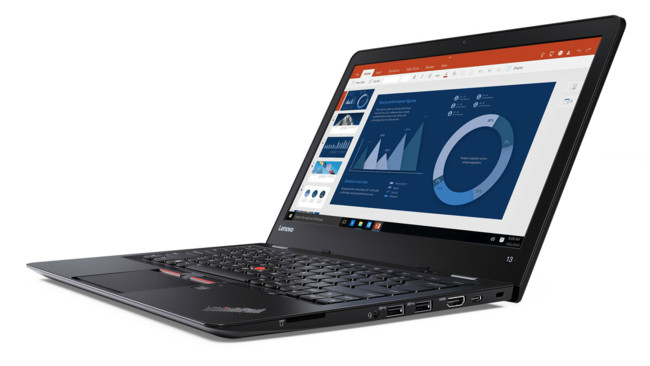Read this article if you are wondering how to access a private network on a public internet connection. You will learn how to use a VPN (a virtual private network) to encrypt all of your internet traffic. This method works when you are connected to a Wi-Fi network using a cable. Alternatively, you can use mobile data to connect to a VPN.
Setting a Wi-Fi network profile to “Private”
When using a public internet connection, the best option is to set a Wi-Fi network profile to private. To do this, you need to open the Network & Internet settings. On the left-hand side, you will find the Wi-Fi setting. Next, select “Enable wireless connectivity.” After that, you will see a list of options, including Network name and network type. Your Wi-Fi network should appear. Click on your Wi-Fi network to connect.
To find the network settings, you must open the Windows Settings panel by pressing Win+I. Next, click “Network.” Then, on the Network tab, click “Manage known networks” and click on your Wi-Fi network. Then, click “Network profile type” and choose “Private.” If you’re connected to the same network with Wi-Fi and Ethernet, you can manually change the network profile type. You can change the network profile on your PC to private from “Public” or vice-versa.
Using a VPN to encrypt all internet traffic
Using a VPN to encrypt your entire internet traffic is a good idea. First, it allows you to bypass any censorship placed on content. For instance, a VPN connection will bypass censorship measures in countries like China, which blocks access to sites like Facebook and Google and their associated services. VPN connections can also circumvent government censorship measures.
Privacy is also a major concern related to the Internet. Almost everything we do online has a lasting impact. For example, your employer could see your social media activity and financial transactions. While VPNs are capable of preventing tracking by IP address, they cannot completely prevent it. As a result, some of them may track you based on your IP address. Most VPN providers do not log any internet traffic or other information from their servers to combat this problem.
Using a VPN with a password
While ISPs might seem like trustworthy entities, they often share your browsing history with third parties, which means you may have your personal information online. Additionally, ISPs are vulnerable to cyber-attacks and may fall victim to a hack. Hackers can steal your passwords, personal data, payment information, and even your entire identity. As a result, using a VPN is highly recommended when using public Wi-Fi.
Regardless of your need for secure data, VPN services are essential to ensuring your privacy. For example, if you are a remote worker, you may need to access the network files of a company. You can only do it with a secure connection, and a VPN connection can make that possible. A VPN connection connects to private servers that employ encryption to ensure your data remains safe. When you connect to the Internet, your ISP sets up a connection. This connection tracks your IP address and routes network traffic through its servers, so it can view everything you do on the Internet.
Using a VPN with mobile data
Using a VPN on mobile data allows you to surf privately and securely wherever the Internet is available. You can use it on any mobile device, including iPhones and Android phones. Many VPN service providers offer apps for the iOS and Android platforms, making it easy to browse privately while on the go. In addition, you can choose to use Wi-Fi or cellular data.
When you use a VPN on a mobile device, it masks your IP address so that no one can see your location or view your private information. As a result, you will be able to access financial websites securely, browse private websites and bypass public Wi-Fi filters. And because a VPN is built right into your operating system, it will protect your connection to the Internet and your online activity.
A VPN protects your data while using a public internet connection, but it also doesn’t keep your apps from seeing your private information. If you’re using a VPN on a mobile device, choose a trustworthy provider with a strict policy on data usage. A serious VPN provider will place your privacy first, including Kaspersky Secure Connection. It will protect your internet data but won’t protect your voice or text communications.




